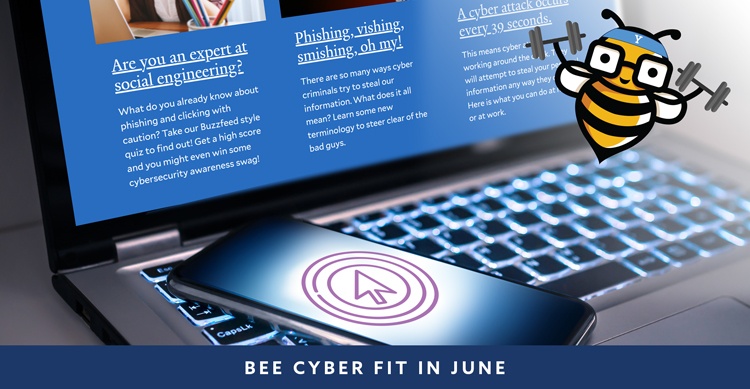
Summer's heating up—and so is smishing!
Have you ever received a text message from an unrecognized number? Is it asking you to click a link or provide your personal information? If so, think twice; it may be a smishing scam!
Smishing is when cybercriminals send us text messages to steal our sensitive information. Like email phishing scams, smishing tries to entice us to follow a link, share our data, or open an attachment.
Scammers may pose as our banks, favorite retailers, and cellular providers. They may even pose as someone we know or trust, like our place of work or a friend or colleague.
Recently, Yale has noticed an increase in smishing attempts. Don't get fooled by these malicious text messages. Use these simple tips to stay ahead of bad actors and keep you and your loved ones safe:
- The Yale ITS Help Desk will never ask for your password or contact you via text message.
- Don't tap a link or open an attachment from an unknown sender.
- Beware of messages offering amazing deals, prizes, or coupon codes.
- Be wary of requests soliciting an urgent response.
- Go straight to the source instead of responding right away. Reach out directly to the bank, retailer, or agency for confirmation.
Building our cyber muscles ensures we're ready to protect ourselves against cybercriminals. Visit cybersecurity.yale.edu/awareness and subscribe to the Bee Cyber Fit newsletter for more tips.